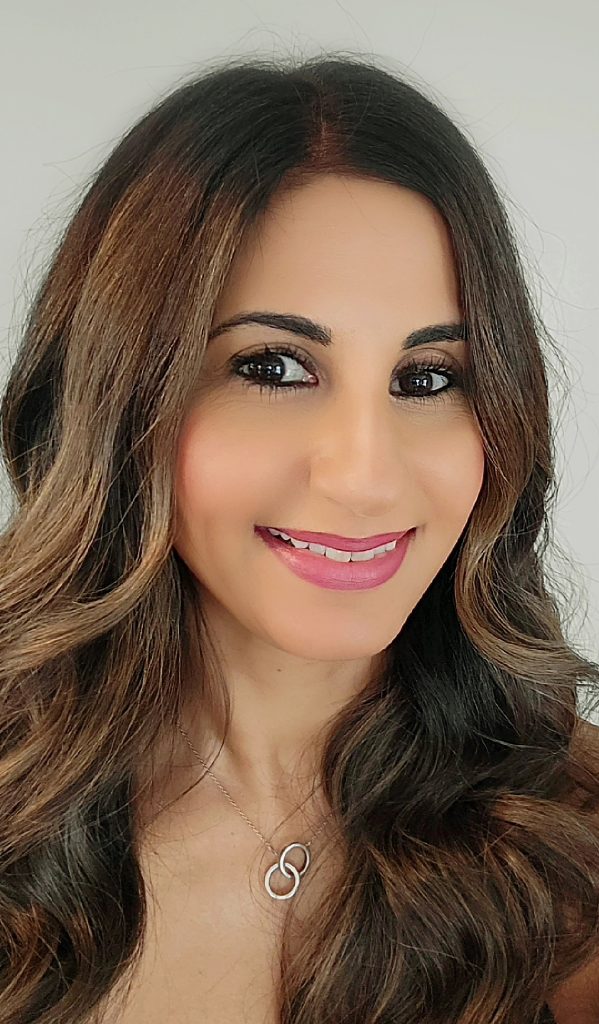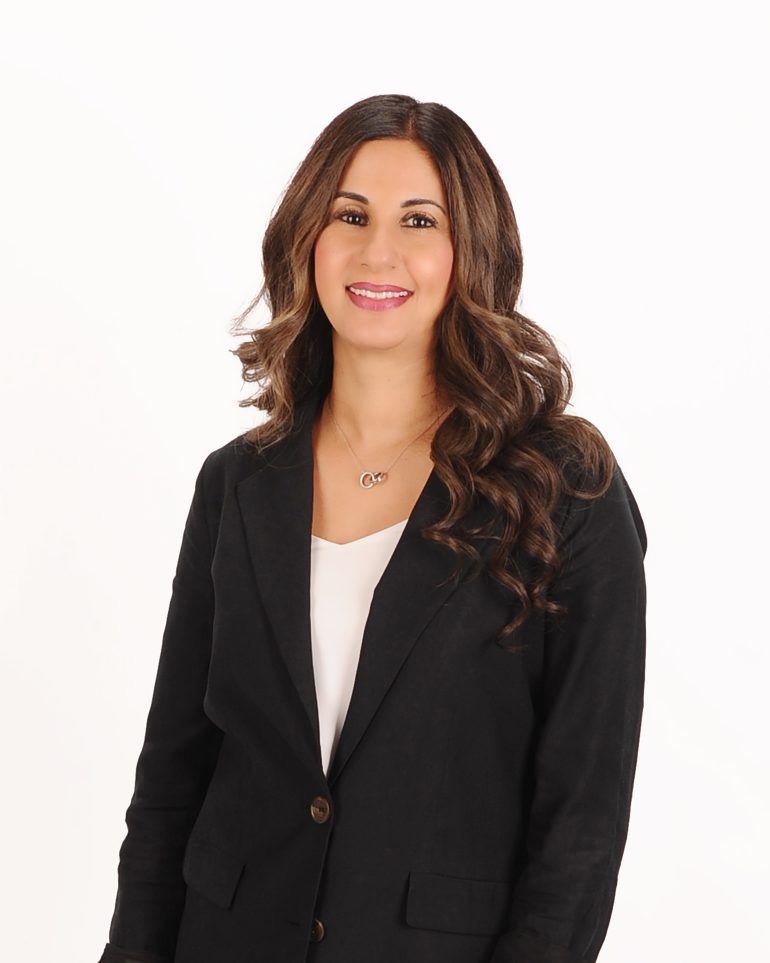BY J.M. LEE
After getting married, Dina and her husband planned for a family and were over the moon when they found out she was pregnant. However, life had other plans.
On June 15, 2006, their daughter Hannah was stillborn at 28 weeks, caused by a dysfunctional placenta leading to severe brain bleeding that took away any chance of survival. On May 3, 2008, Amelia was born early at 26 weeks for the same reasons. After losing two children in two consecutive pregnancies, Dina felt empty, and the question of WHY reverberated nonstop and haunted her.
In February 2013, she finally found the answer to her question during a visit to India to an all-girl orphanage. She knew then that she wanted to help the orphanage and honor her daughters. It was from that trip Hannah and Amelia’s Angels Foundation was born.
“Unfortunately, the South Asian community attaches a stigma to stillbirths and infertility,” Dina has been apprehensive about sharing her story on a platform outside her family and friends.
“To cultivate this role of a leader stemmed from heartache, I would have to emerge from a place of grief, where I sat in darkness, then into a woman of strength, striving to be a small beacon of light to others,” Dina proclaims. “To get to this place, fantastic family and friends surrounded me. I stand with an army of selfless, noteworthy women.”

Dina feared that Hannah and Amelia’s legacies would be for naught if things were imperfect with HAAF. She learned to appreciate what everyone brings to the organization—whether donating, volunteering, or being a part of the team—all matters. Her biggest inspirations come from watching CNN Heroes, which features people who have overcome adversity by giving back and becoming triumphant—for the world to inherit.
“Unfortunately, the South Asian community attaches a stigma to stillbirths and infertility,” Dina has been apprehensive about sharing her story on a platform outside her family and friends.
Women play significant roles in today’s social milieu of equity and inclusion in the workplace. They are breaking barriers and societal norms and achieving success in roles once dominated only by men.
Rarely in her community does one talk of the struggles and challenges of being unable to have children. Her goal is to bring these topics to the forefront and assure other women it’s all right to share the other side of the infertility journey—albeit replete with sadness and grief. By sharing, one can help others begin the healing process.
Dina never imagined this was where a mother’s determination would lead. Her faith in the higher power helps her daily to build confidence. She finds confidence in knowing she will always succeed by immersing in God’s work. It’s crucial to lead by example and by being accountable. Dina cannot expect much from others if she’s not willing to show up and do the work.
Dina’s family and friends play an integral role in her travails, giving her the courage to share her story. She does not view herself as a leader. Instead, she sees herself as a grief-stricken mother who needs to be a voice for her babies and other women walking similar journeys. For her, it has never been about the accolades—she needs to fill an empty heart with a purpose.
Fostering a healthy work environment is essential, providing women with resources such as skill training, a strong foundation, and independence. “Every obstacle a woman encounters is a new learning opportunity to overcome trials and find her niche through determination and hard work,” Dina states. “Women cannot simply rely on their partners; instead, they can work independently in a relationship to enhance the unity and harmony of their collaboration. A partnership with equal footing and teamwork can achieve a healthy relationship by playing vital roles within the family unit. It also means that the partners complement each other in the marital unity brought about by the unique, essential characteristics of two people working together to achieve a common goal.”
Dina has seen more women taking risks by leaving stagnant careers and searching for meaningful work. Gone are the days of the mediocre role a woman can play in the home and society. Women play significant roles in today’s social milieu of equity and inclusion in the workplace. They are breaking barriers and societal norms and achieving success in roles once dominated only by men. Now, we have women CEOs, leaders, influencers, and mentors. This all comes from being resilient and receptive, with clear direction, motivation, adaptability, trust, and having the courage to know that by taking a risk, vast opportunities lie ahead. “It’s also vital to have like-minded women as the foundation of a team, without stereotyping or pegging them within a small space to constrict them from doing what they can achieve before they prove what they can do,” Dina relates. “When a team has common goals in mind and a plan to fulfill them, it’s easier to achieve success in the organization.”



